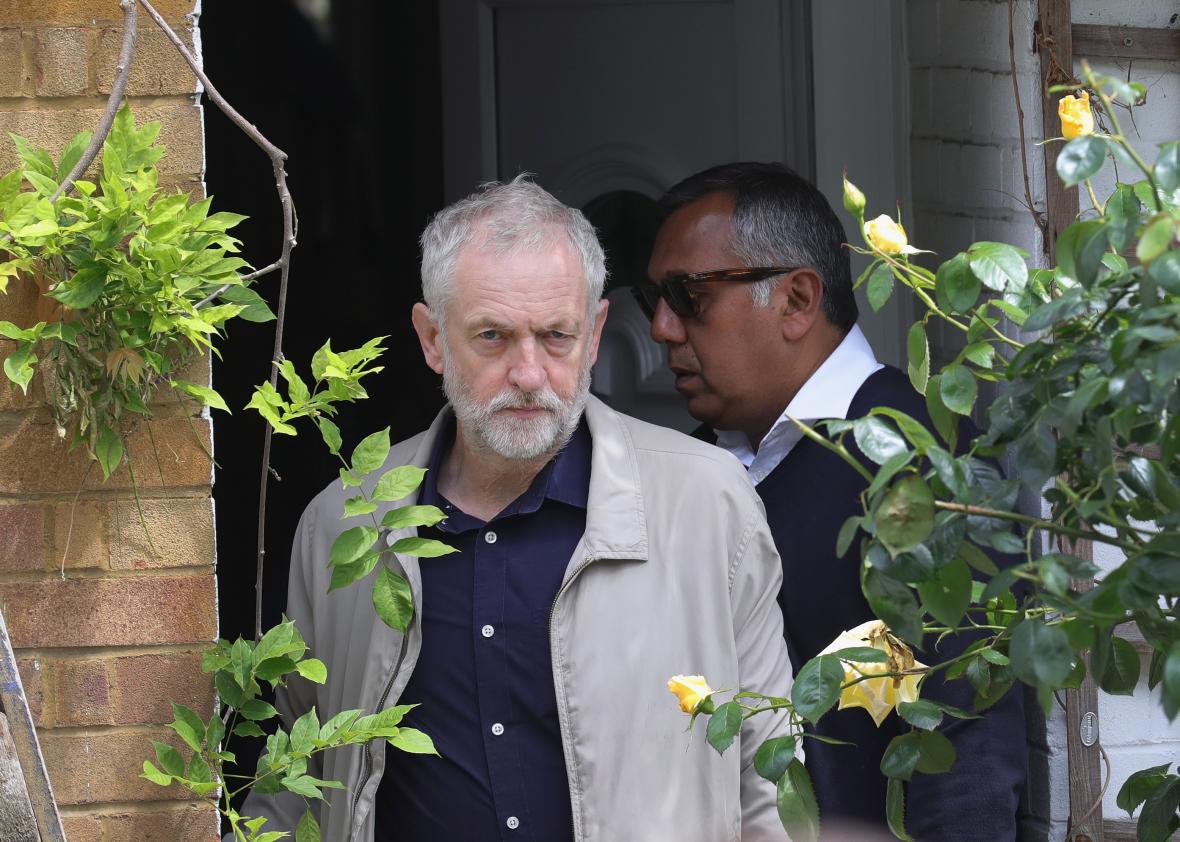It’s open season in Britain’s main political parties as inner bickering and tensions have created a chaotic situation that the world is looking at with more than a bit of concern before markets open on Monday. Attention was focused on the main opposition Labour Party, which was in disarray on Sunday after at least 10 members of the shadow cabinet resigned in what was a clear attempt at a “coup” of party leader Jeremy Corbyn.
The deep divisions within the Labour Party have long been evident but it was all blown into a very public, high-level spat after Corbyn suddenly fired his foreign affairs policy chief, Hillary Benn, overnight. Benn had told Corbyn he lost confidence in his leadership. “There is growing concern in the Shadow Cabinet and the parliamentary party about his leadership,” Benn said. “Jeremy is a good and decent man but he’s not a leader. And that’s a problem.”
Benn’s ouster prompted the resignations and an increasing number of lawmakers calling on Corbyn, to resign. The leader has vowed to stay put, but many are angry that he pursued such a low-key campaign for the “Remain” vote and are blaming him for the loss. Some fellow party members insist Corbyn should be out before the next general election, which may now happen sooner rather than later after Brexit.
Corbyn will face a motion of no confidence tomorrow at a meeting of Labour legislators, which could lead to a secret ballot on the issue on Tuesday. The Independent explains the overarching strategy:
In effect, his critics are trying to kill him with a thousand blows. The Shadow Cabinet resignations and the motion of no confidence in Corbyn tabled for tomorrow’s meeting of the [Parliamentary Labour Party], are designed to put so much pressure on Corbyn that he decides to fall on his own sword. Critic claim he does not really want to be prime minister and so he could stand down. But there is no sign of that happening.
Although the “coup” attempt is more dramatic, the ruling Conservative Party was also dealing with infighting of its own on Sunday as Boris Johnson and Theresa May launched bids to succeed Prime Minister David Cameron. “Conservative differences are far lower key but threaten to become equally bitter,” points out the Guardian. Allies of Cameron have made it clear they will not sit on the sidelines and said Johnson and his allies in the “Leave” campaign misled voters in the run-up to the vote.
